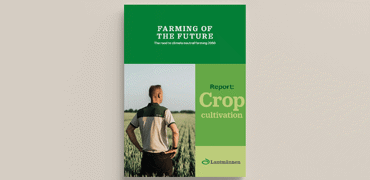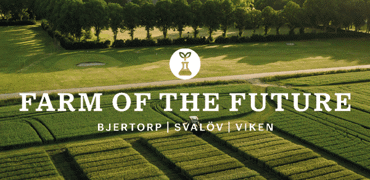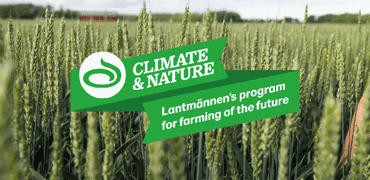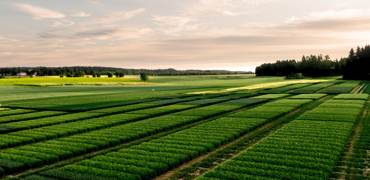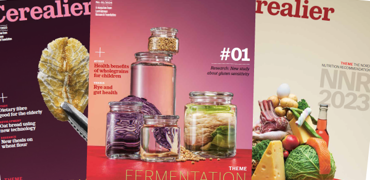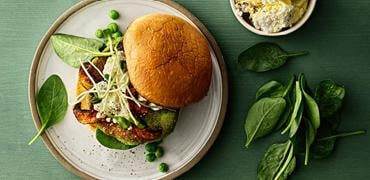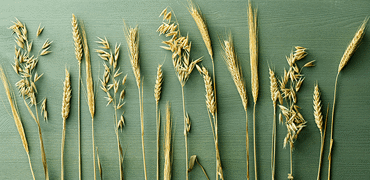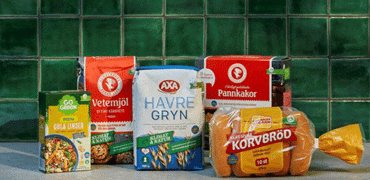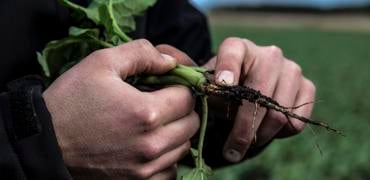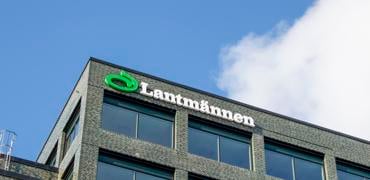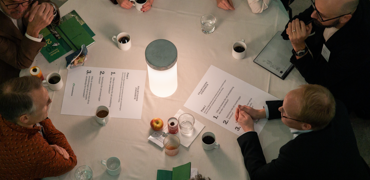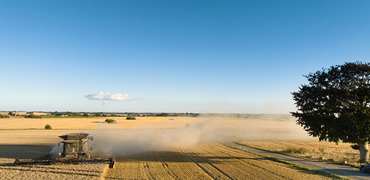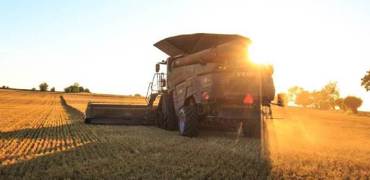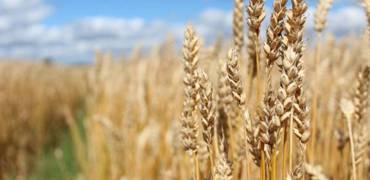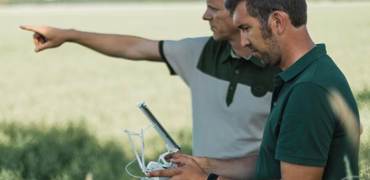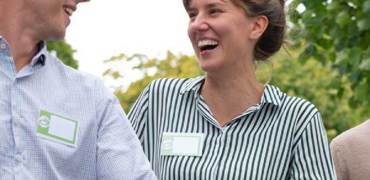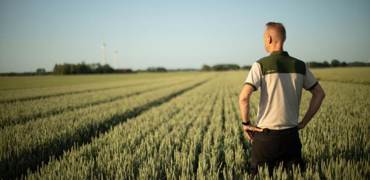For Lovisa Martin Marais, our Group Functions R&D Nutrition manager, sustainable nutrition is a potential concept in order to bring two important fields - nutrition and environment - together. “Sustainable nutrition is, to put it simply, the value of food in relation to what it costs to produce it. Food has many dimensions and we should be aware of the nutrient density, but also its environmental impact from production.” For her, this is an important topic and mostly because it can let us shift focus from counting calories and carbohydrates to thinking more about a holistic, healthy and sustainable diet. “Nothing before this has provided a holistic viewpoint. Now the value of food with the sustainability and nutritional quality has raised our understanding of how essential food is for us, and what we could improve on a personal level when it comes to food consumption. The content of the food should provide something great to our bodies, and we should not take food production for granted.”
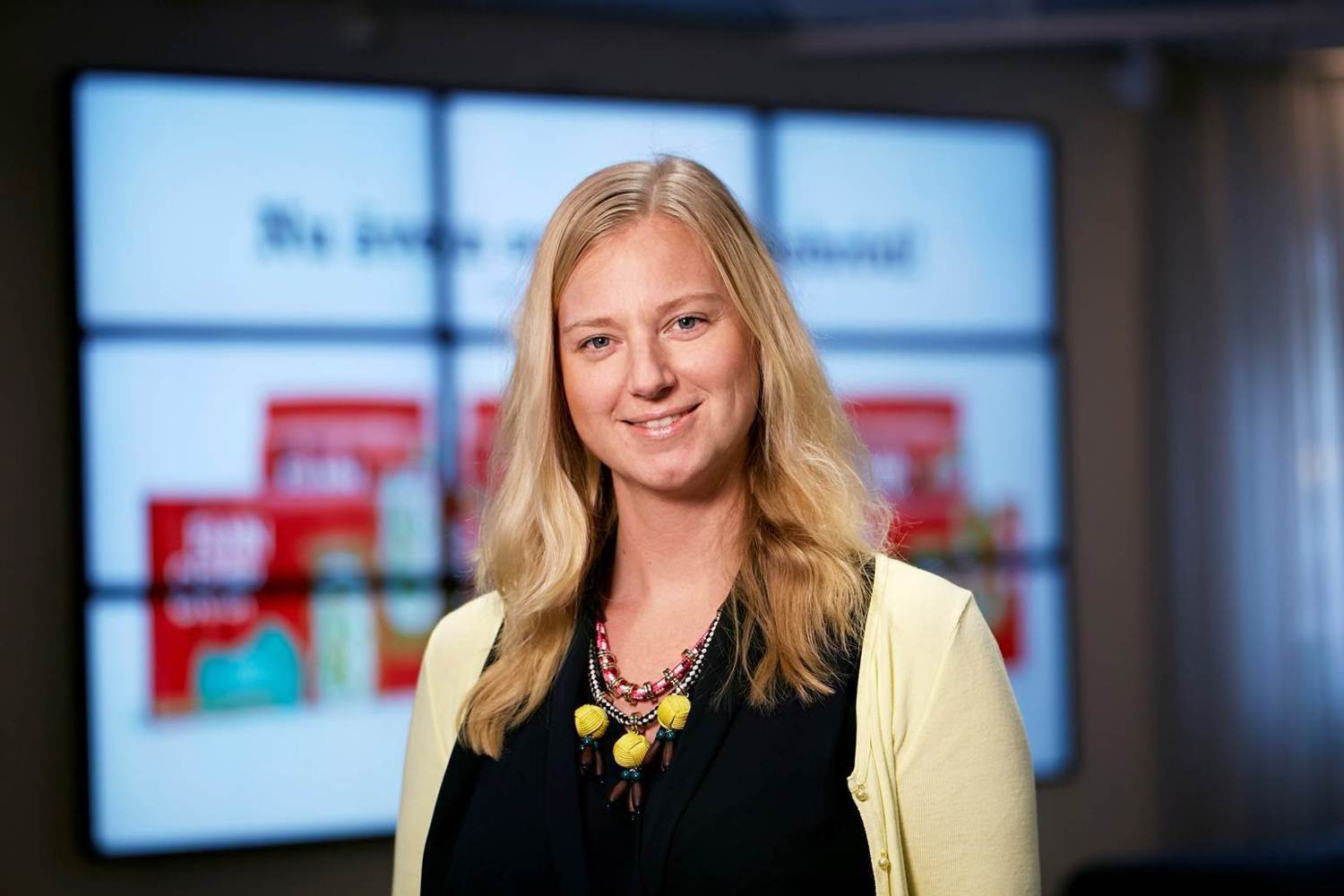
This topic has been a key interest for Lovisa ever since EAT Lancet report (Willett et al., 2019) was published. “What’s amazing, is that sustainable nutrition concept gives a platform for bringing nutrition to a bigger scope than what it has been before. Also, it can be easier for consumer to relate to this kind of discussion”. The strong connections to whole grains within sustainable nutrition adds on to the passion for this topic as well. Lovisa believes, that whole grains as part of sustainable nutrition could lift our view on whole grains and reignite it. “You can increase your life quality by choosing sustainable foods. And – this is very much linked to common sense and home economics as well!”
At Lantmännen R&D we have started to look at the scientific evidence of sustainable nutrition with regards to the green protein shift. How different raw materials, such as pea, oat and soy, differ from each other with focus on nutrient content and environmental impact, both from farming but also from processing. If you want to stay on edge of these questions and framework, you should follow institutes such as RI.SE, LUKE and EUfic, Lovisa mentions.
Lantmännen previous work within sustainable nutrition has involved a great number of varied projects as well. One great example is the research to market project: Swedish beans. So much work has done in order to make bean farming possible in Sweden, and now after some years we expect to find them on the shelf!
I can’t help asking, what is the best new idea in this area within Lantmännen. Lovisa gives a laugh: “The Greenhouse focus theme this year – it’s fantastic!” When we are elaborating more about Greenhouse, we speculate what kind of solutions we think are needed in the future. Lovisa hopes, that we can find solutions that could help with building communication about sustainable nutrition and get more followers and more interest from the public. “But, if it would be products that you should eat, it must be very tasty!”
Lastly, I need to find out Lovisas best advice for someone who is ambivalent if their idea has potential for Greenhouse. “Sustainable nutrition is an area of the future, definitely. The keys are health, environment and nutrition, so believe in your idea!”






